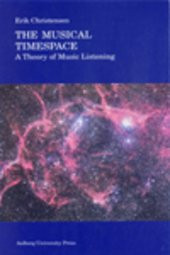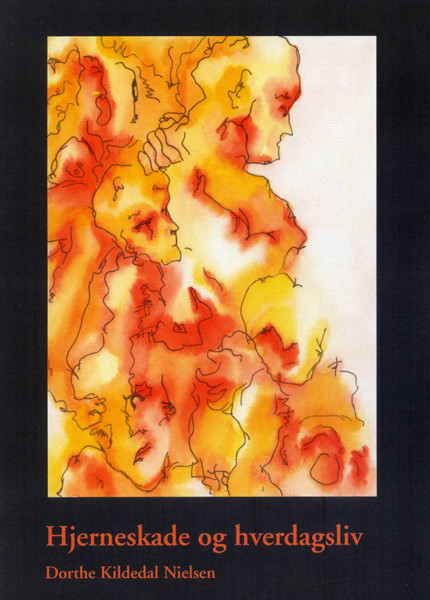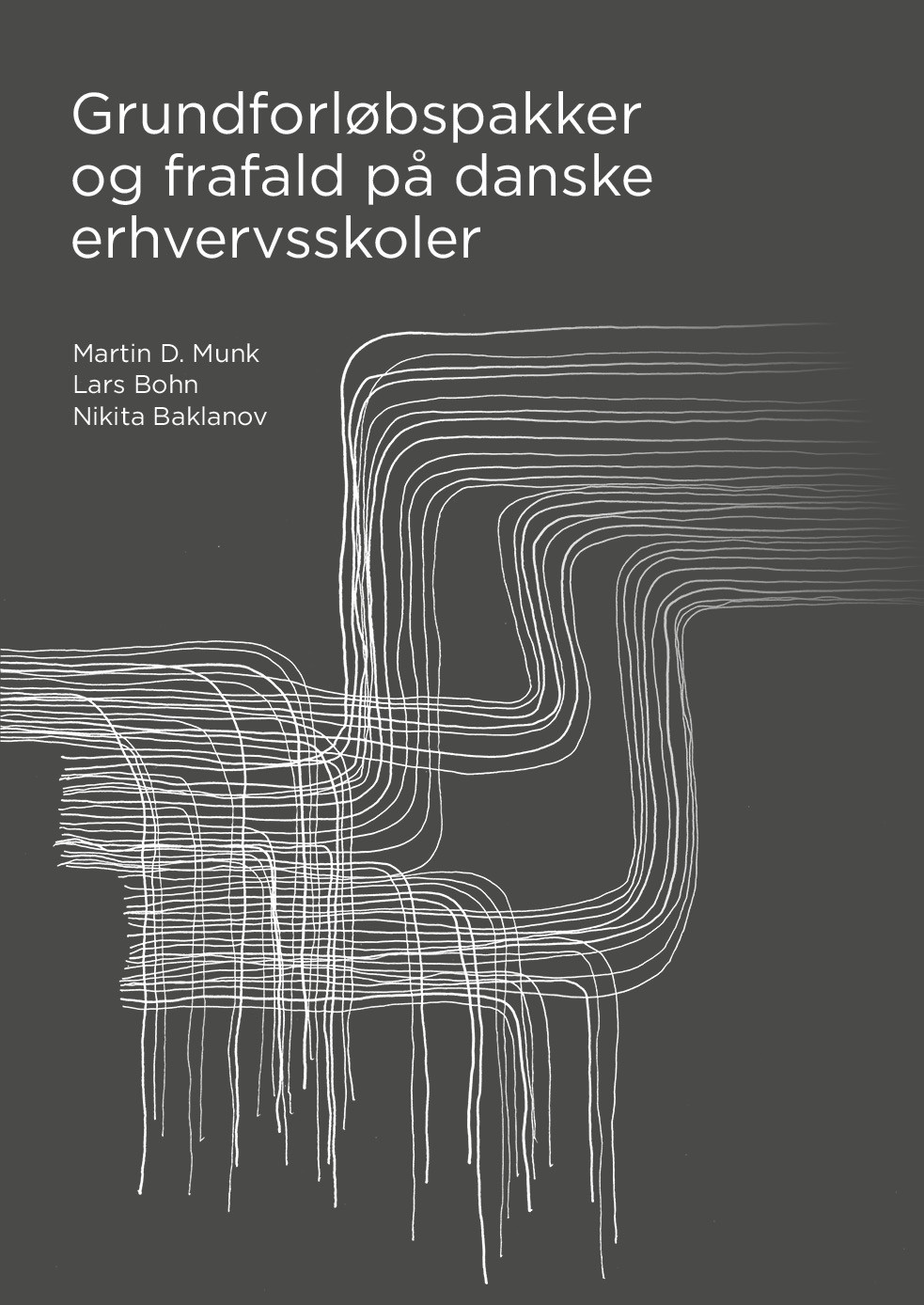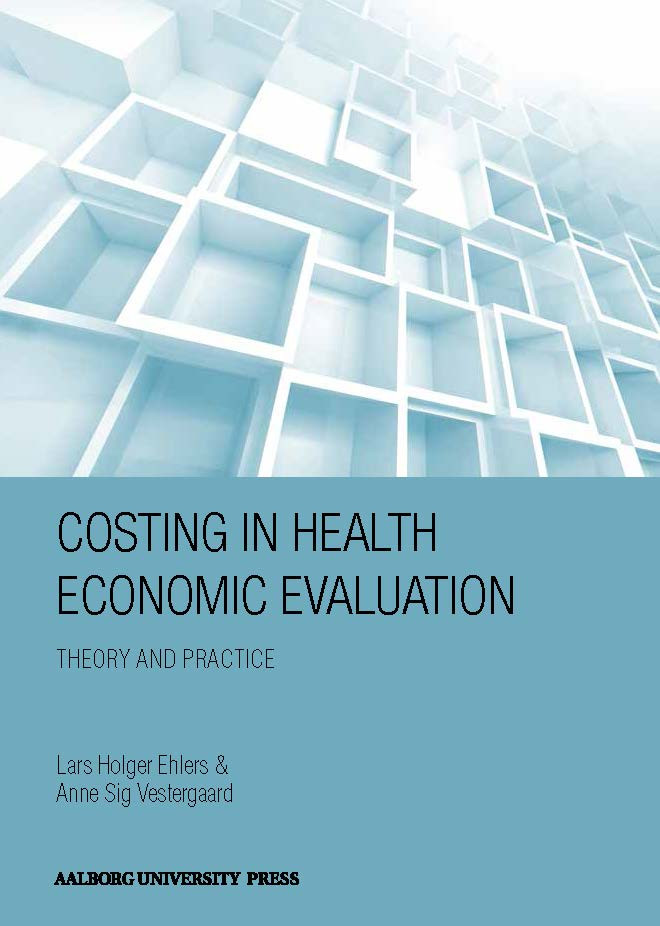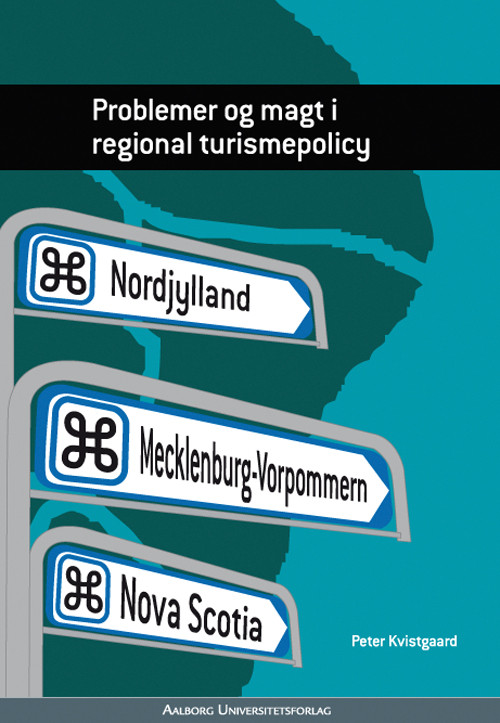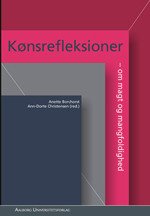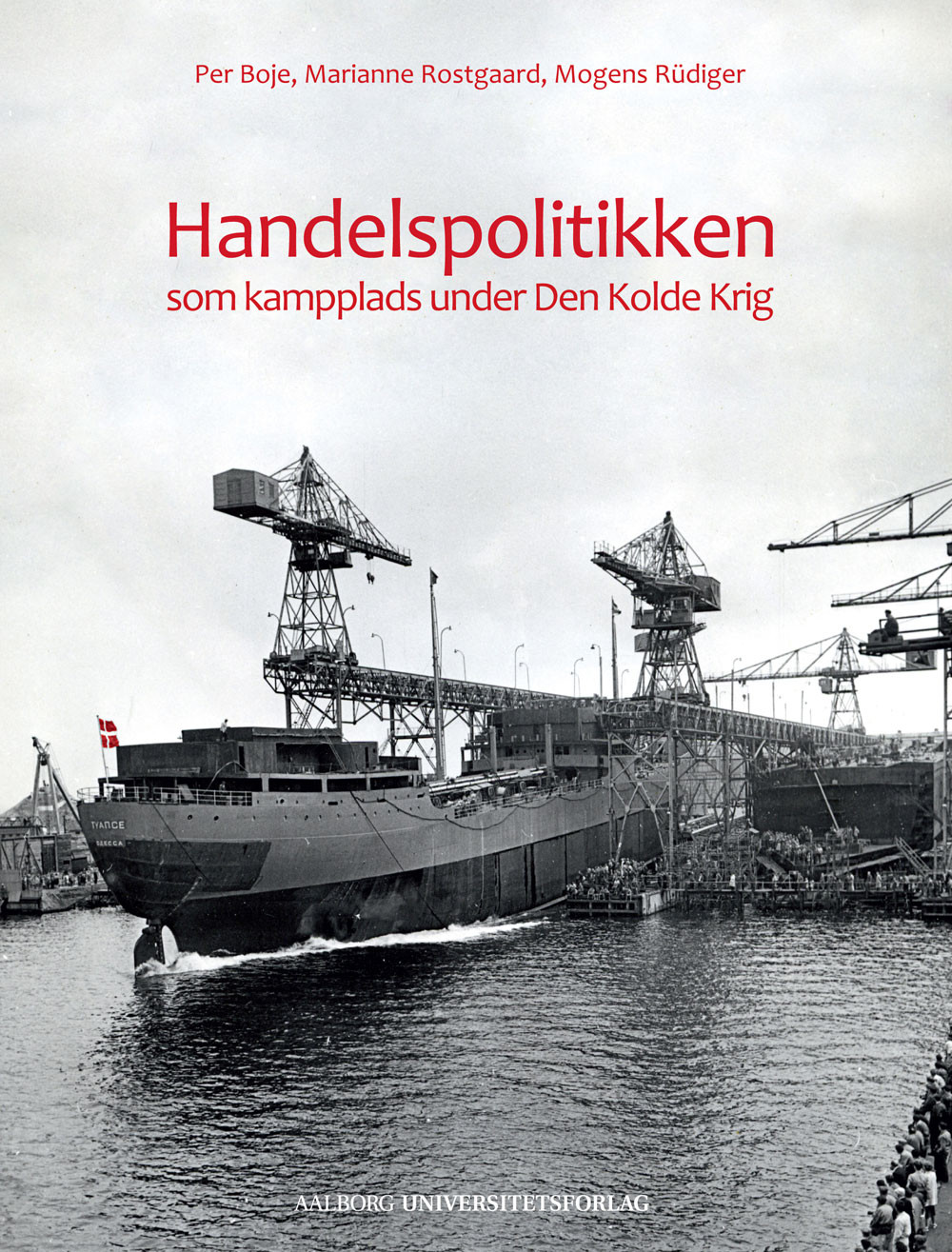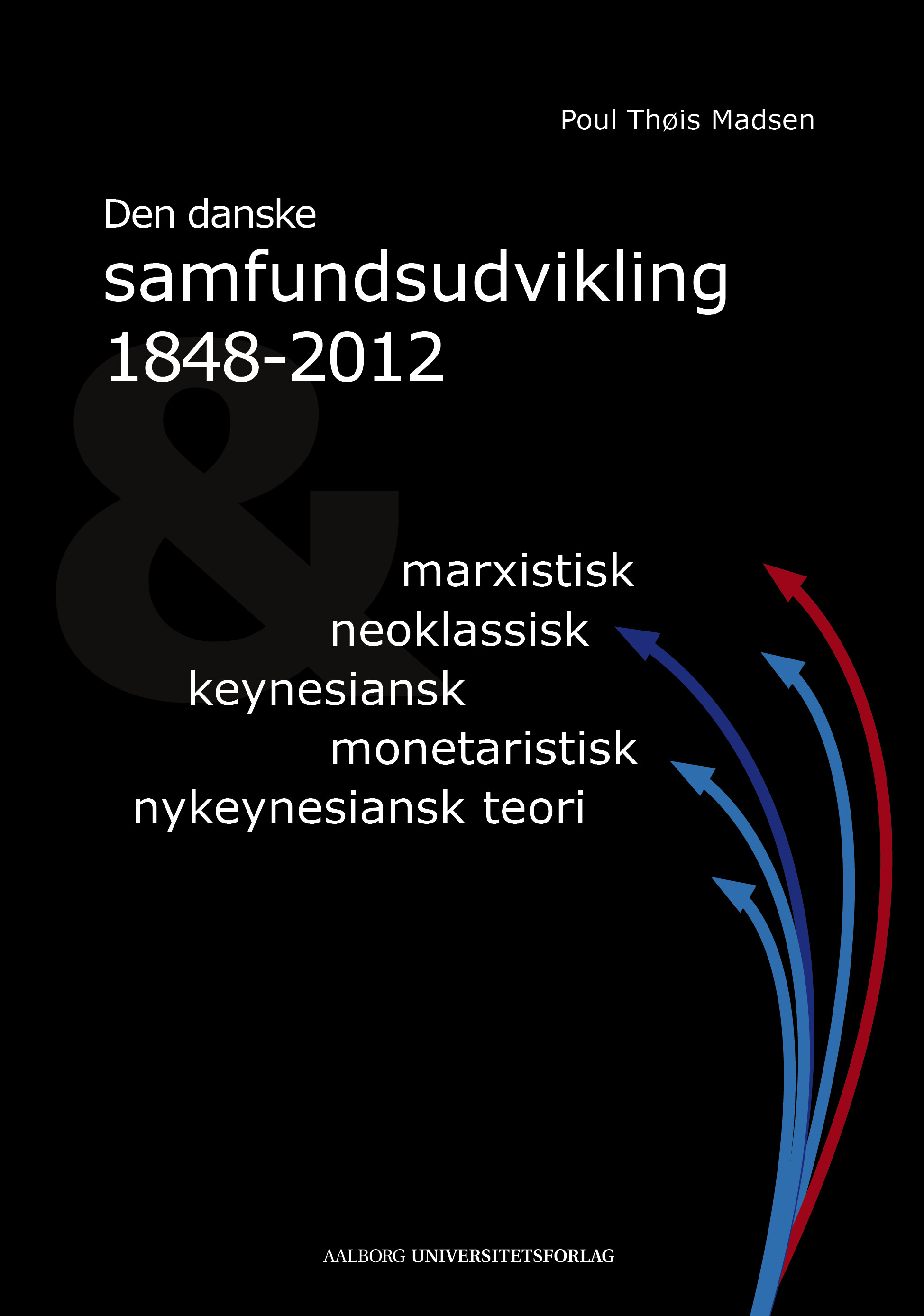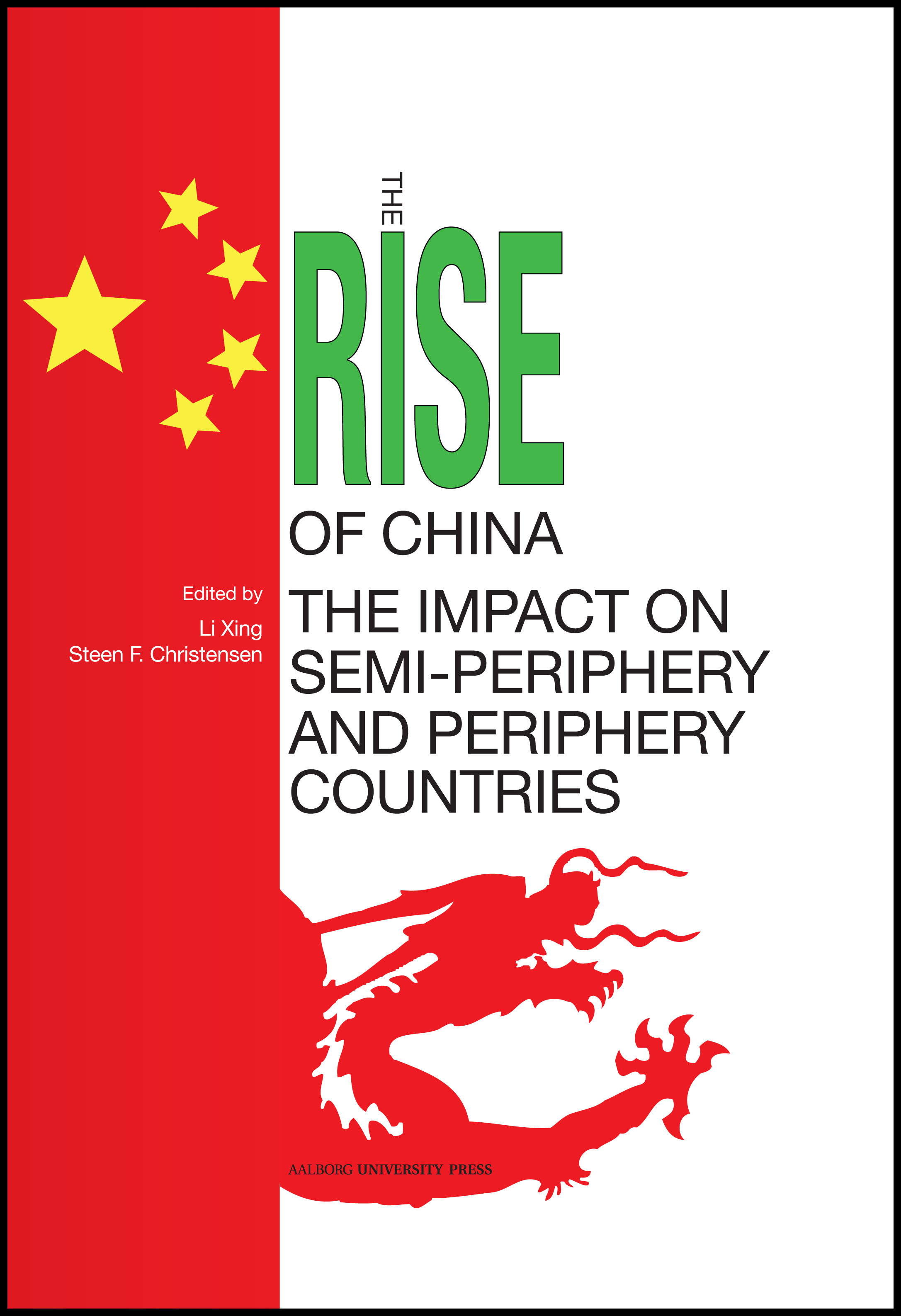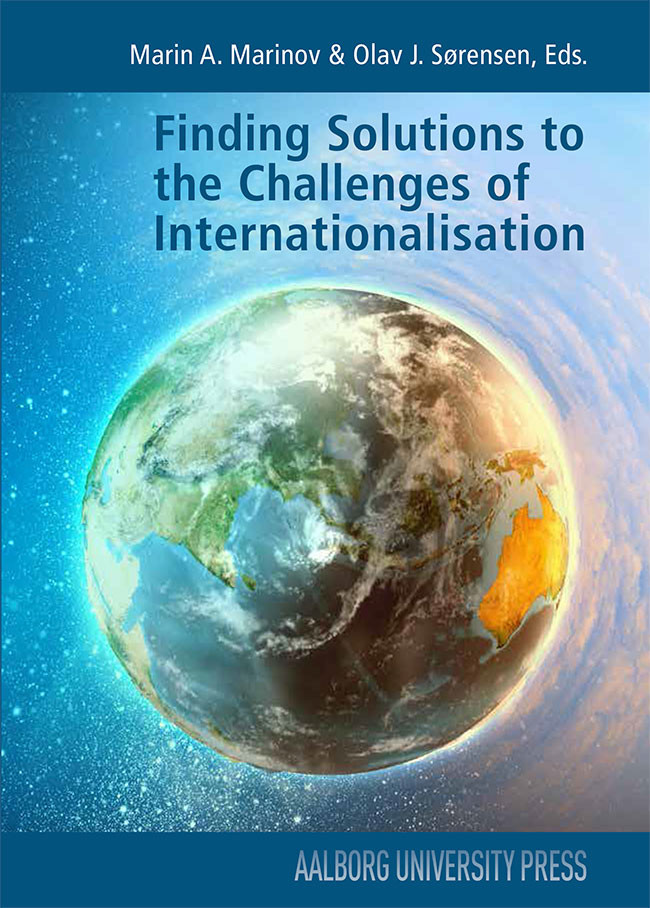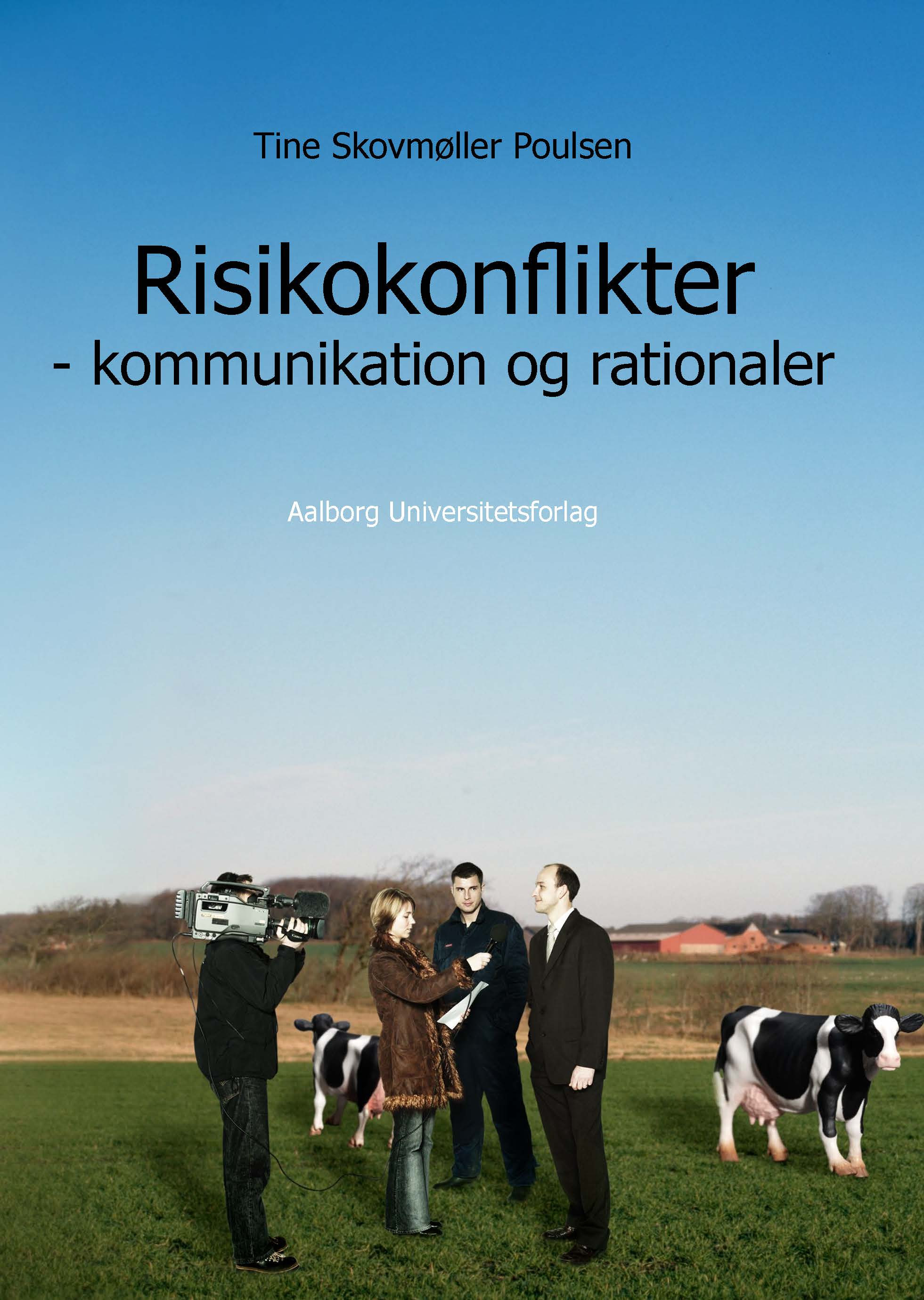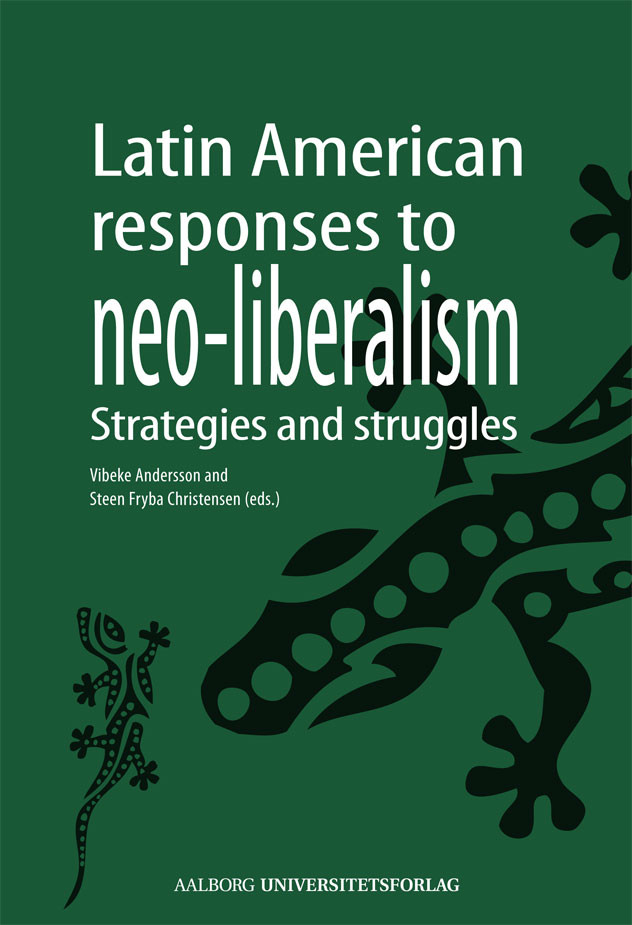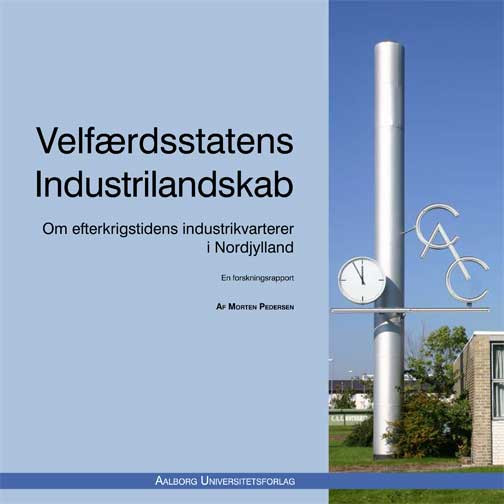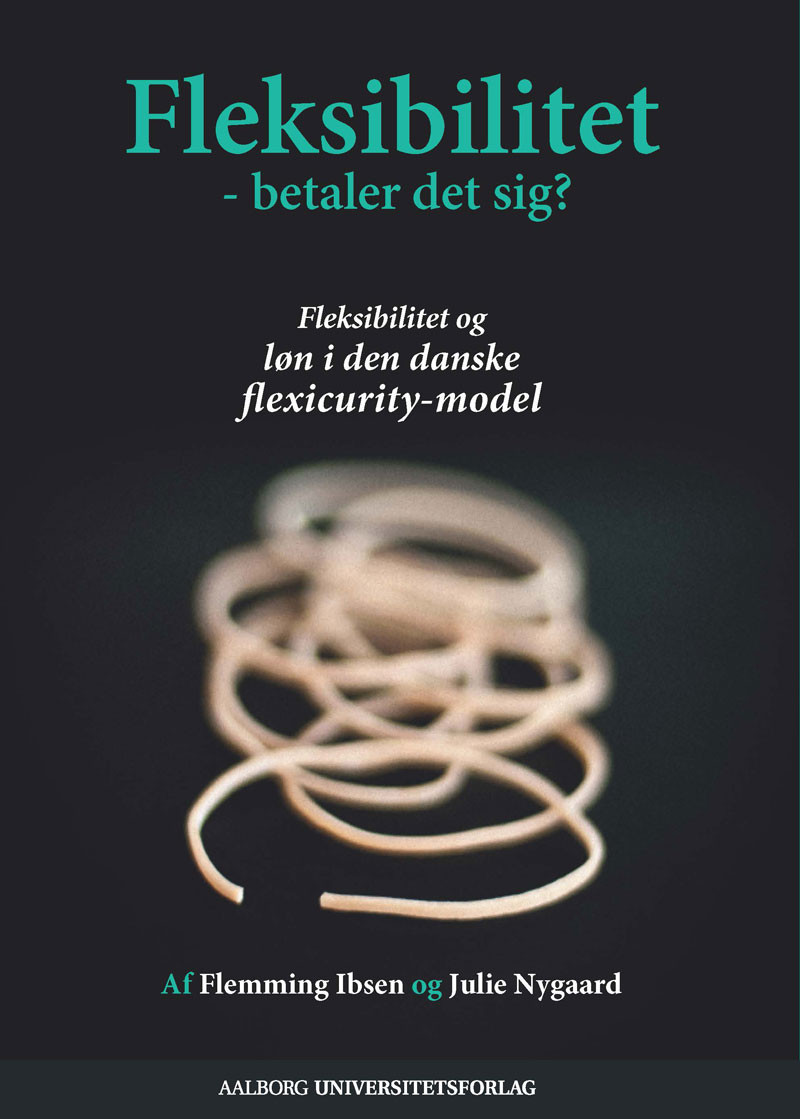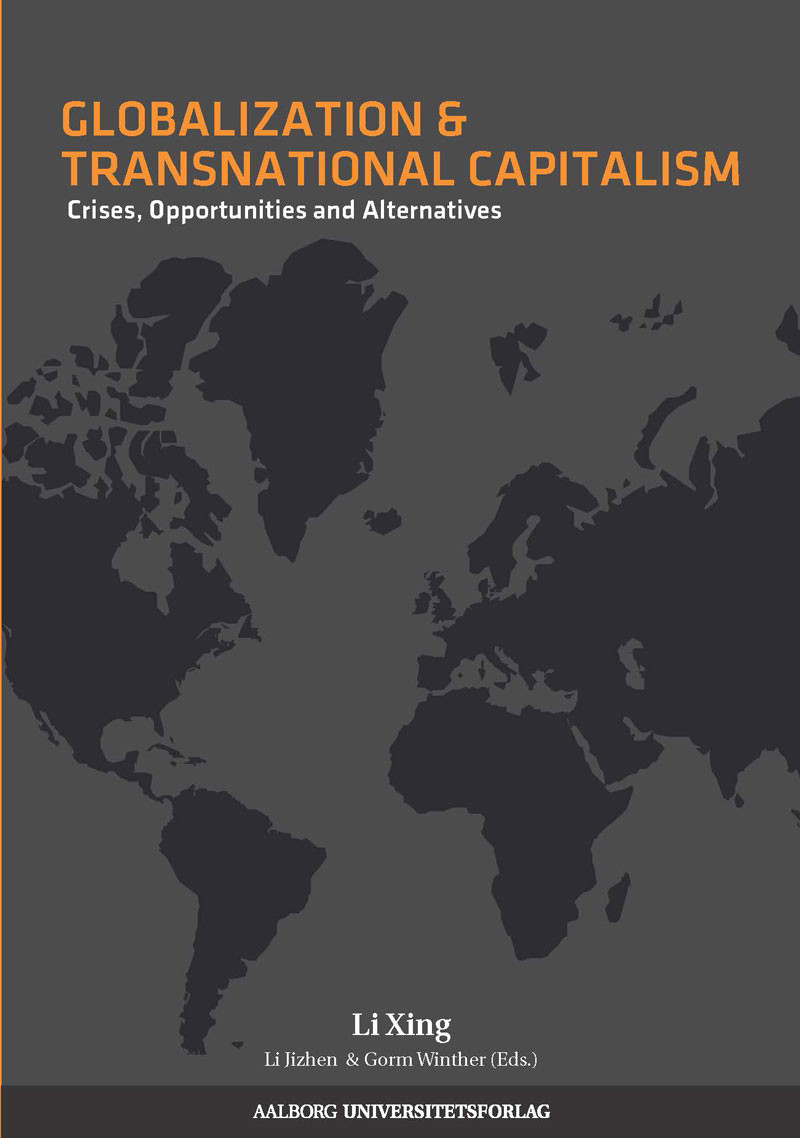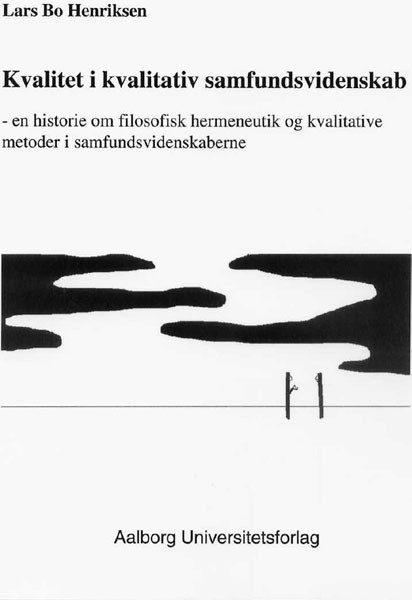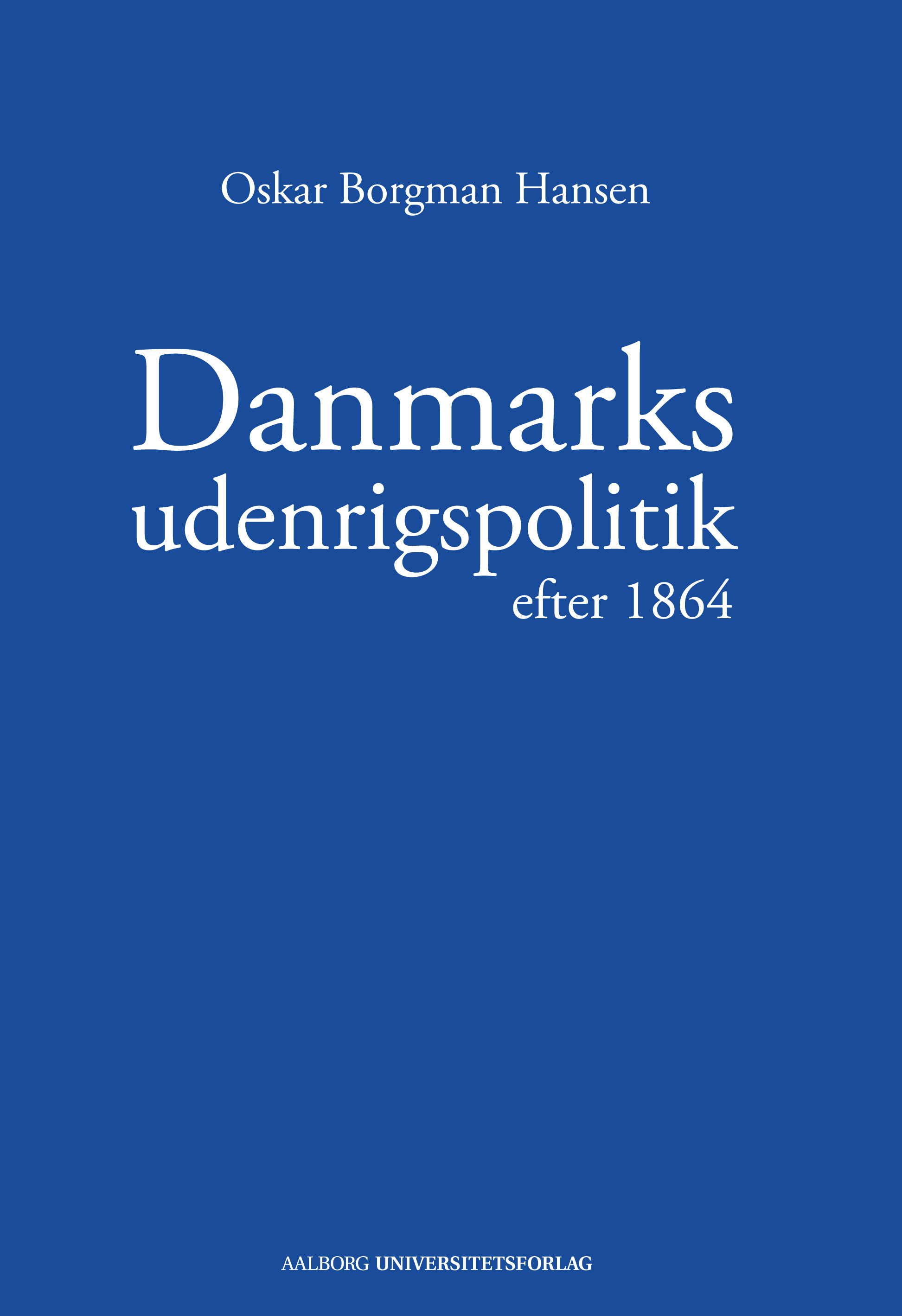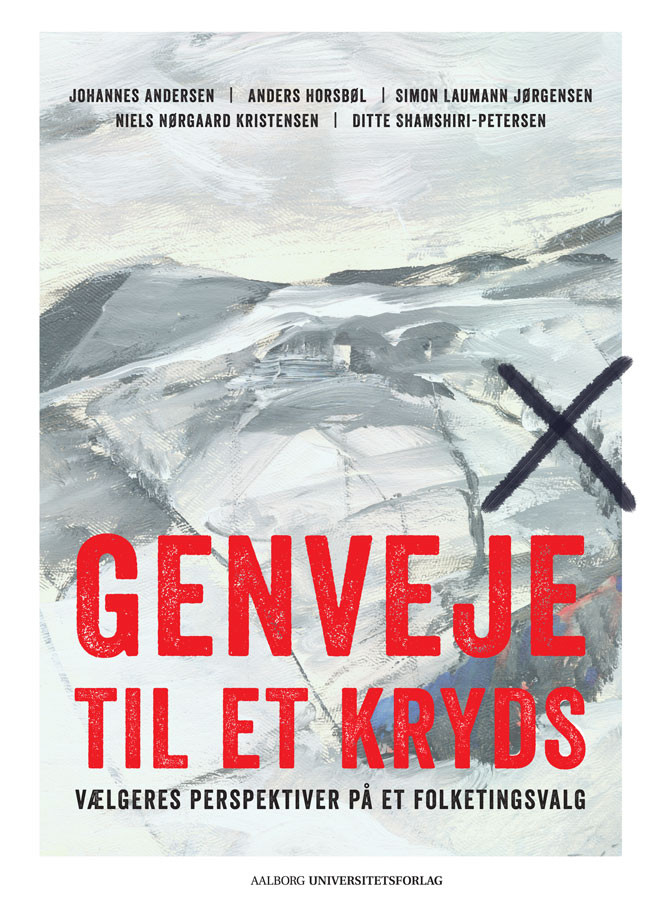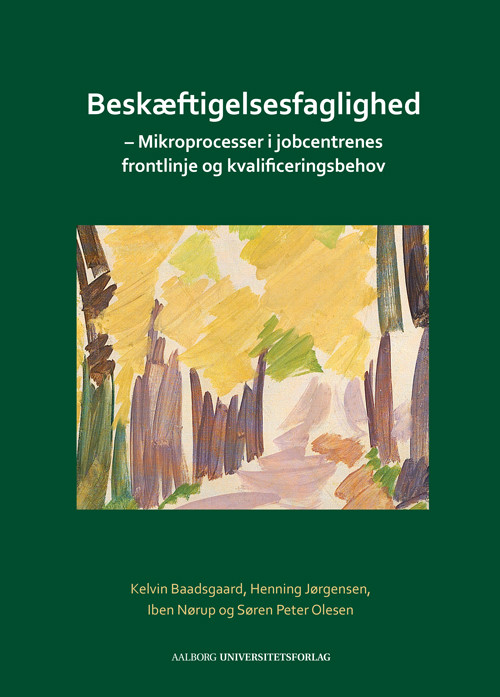The Heretical Political Discourse
Af forfatter erik christensen
"Basic income is fascinating because it is linked to
practical problems and great reforms."
In the beginning of the 1990s, Denmark was developing along a `basic income path´. At that time the hegemonic growth discourse was in crisis. Its legitimacy was doubted in the public opinion, and because of the unemployment crisis, basic income had been put on the agenda by new political networks and minority groups.
However, at the same time a new labour market policy called `activation´ was introduced, and slowly, at the rhetorical level, the question of basic income was excluded. In public political debates and within the political parties, a workfare discourse was created, and basic income came to be considered a heretical political discourse and was made a target of negative political stereotyping.
This anthology about the basic income debate in Denmark offers a discourse- analytical perspective on Denmark's development from a universal welfare state to a workfare state. With its analysis of metaphors, narratives and key concepts in the debate, it unveils how the basic income discourse ended up being both heretical and excluded.
Lastly, it provides a global ecological argument for a basic income and discusses the conditions for bringing back the basic income question on the political agenda.
About the author
Erik Christensen is Associate Professor at the Department of Economics, Politics and Public Administration, Aalborg University. He has for many years been involved in debating the relevance of basic Income.
-
"Basic income is fascinating because it is linked to
practical problems and great reforms."
In the beginning of the 1990s, Denmark was developing along a `basic income path´. At that time the hegemonic growth discourse was in crisis. Its legitimacy was doubted in the public opinion, and because of the unemployment crisis, basic income had been put on the agenda by new political networks and minority groups.
However, at the same time a new labour market policy called `activation´ was introduced, and slowly, at the rhetorical level, the question of basic income was excluded. In public political debates and within the political parties, a workfare discourse was created, and basic income came to be considered a heretical political discourse and was made a target of negative political stereotyping.
This anthology about the basic income debate in Denmark offers a discourse- analytical perspective on Denmark's development from a universal welfare state to a workfare state. With its analysis of metaphors, narratives and key concepts in the debate, it unveils how the basic income discourse ended up being both heretical and excluded.
Lastly, it provides a global ecological argument for a basic income and discusses the conditions for bringing back the basic income question on the political agenda.
About the author
Erik Christensen is Associate Professor at the Department of Economics, Politics and Public Administration, Aalborg University. He has for many years been involved in debating the relevance of basic Income. -
Antal sider
164
isbn
978-87-7307-936-2
Udgave
1. edition
Udgivelsesår
2008
-
"This is undeniably an eminent and subtle, yet readable, anthology and a most welcome addition to the critique of the Scandinavian model phase-out. In these days of complete dominance of workfare ideology, The Heretical Political Discourse deserves careful reading - especially by those sustaining the workfare discourse that Christensen criticizes."
Roland Paulsen, University of Uppsala, Basic Income Studies, vol. 3, Issue 3
"This Book contains some valuable lessons and it should be essential reading for anyone interested in promoting debate on a Citizen's Income."
Citizen's Income newsletter 2009, Issue 1.
-
Filnavn Download
